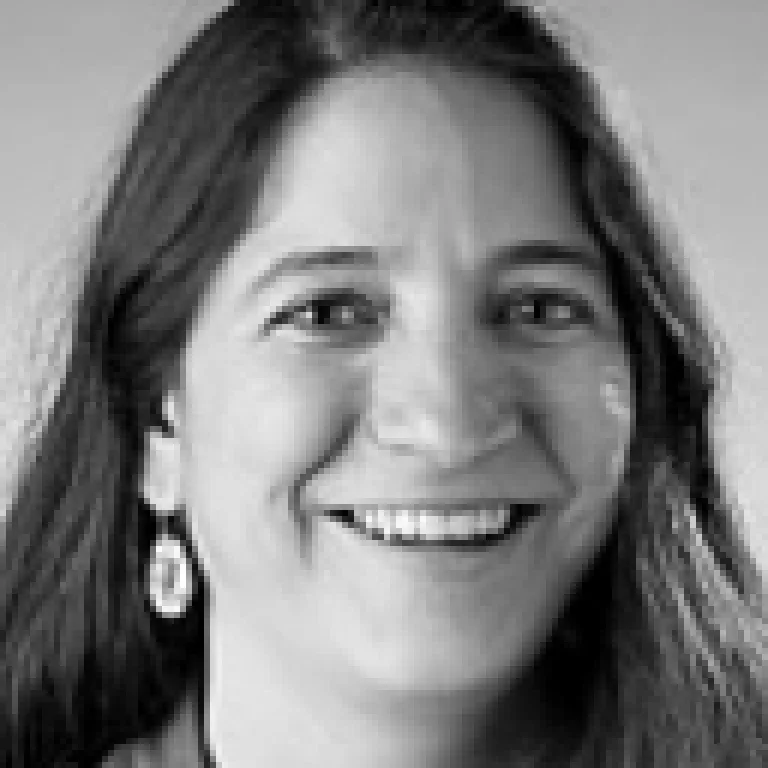
Leila Qashu
Profile
Leila Qashu is a musician and she recently completed her PhD in ethnomusicology at Memorial University of Newfoundland. Her aim is to work in both academia and the public sector, applying the findings of her interdisciplinary ethnomusicology research to promote women’s rights, human rights and restorative justice.
After completing her bachelor’s degree at Carleton College, Leila taught and studied languages in France and Egypt before beginning to research Ethiopian music in 2003 as a Master’s student at Paris 8 University in France. She joined a research team affiliated with the French National Research Center (CNRS), then became an active member of a UNESCO project entitled “Ethiopian Traditional Music, Instruments and Dance.” Her research has also been funded by grants and awards from the French Center for Ethiopian Studies, the French Embassy in Addis Ababa, the City of Paris and Memorial University of Newfoundland. Leila has published individual and group articles, participated in conferences, produced or co-produced video documentaries and organized photo exhibits. She has also been involved in several other research projects, most recently on the immigrant communities in St. John’s, Newfoundland.
In addition to her research activities, Leila has been performing on the viola with many ensembles, including the Newfoundland Symphony Orchestra, and has been active in several non-profit organizations, such as the Multicultural Women’s Organization of Newfoundland and Labrador.
Leila’s doctoral research built on her pre-doctoral work, based on many months of field research conducted among the Arsi Oromo ethnic group of Ethiopia. After studying wedding rituals, and men’s warrior songs and cattle praising songs, she became interested in investigating the position and voice of women in Oromo society. Although Arsi Oromo women are excluded from many male spaces, activities and political decisions, they secure and assert their power by creating their own social spaces and by interacting with the male social order through such media as musical conflict resolution rituals. By studying these musical rituals, Leila hoped to understand what makes them effective mechanisms of restorative justice, with the aim of informing national and international policy decisions to strengthen women’s rights and human rights. She planed to argue that in order for policy makers to fully understand the needs of communities in terms of justice and conflict resolution, decision makers must take into account local, subjective, and often culturally dependant perspectives, and existing conflict resolution procedures.

